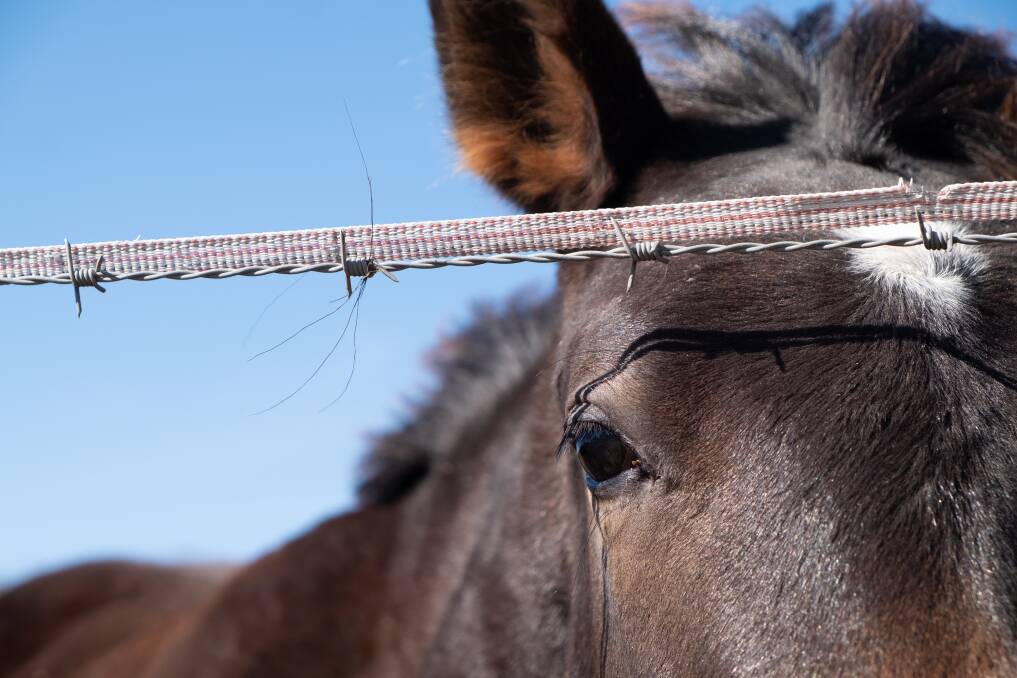
Japanese encephalitis virus has not been detected in horses so far this year, but government and industry are urging horse owners to watch for signs of the mosquito-borne viral disease.
Following recent outbreaks of JEV in piggeries in Queensland, New South Wales, Victoria and South Australia, JEV has already caused the death of a Victorian man and hospitalisations of about 20 people around the nation.
The Department of Agriculture and Fisheries said Japanese encephalitis was a notifiable disease in Queensland, which meant signs of JEV in horses or donkeys must be reported to Biosecurity Queensland or the Emergency Animal Disease Watch hotline.
"Owners should be alert for any signs of Japanese encephalitis virus in their animals, following the confirmation of the disease at a commercial piggery in southern Queensland and a number of locations in the southern states," a spokesperson said.
They said Queensland authorities were working with other states and territories and industry to minimise any risks.
These actions include pig movement controls to minimise any spread, local mosquito management, and a public awareness campaign to encourage rapid reporting of suspected cases.
There are no state or territory movement restrictions on the movement of horses.
An alert from the Department of Agriculture, Water and the Environment says many cases in horses are subclinical, meaning they are infected but show no signs of disease.
"Most clinical disease is mild, however more severe encephalitis can occur which may be fatal," it says.
"While reports of the disease in other species are rare, the disease has been reported in donkeys overseas.
"Horses are known to be a 'dead end host'. They do not carry a blood infection that will reinfect mosquitoes."
DAWE said horse owners needed to be alert to signs of the disease, which may include an elevated temperature, jaundice, lethargy and anorexia, as well as neurological signs, which can vary in severity, and can include incoordination, difficulty swallowing, impaired vision, and rarely hyperexcitability.
The department advises owners to help horses avoid mosquito bites, such as by rugging and hooding horses with a lightweight summer rug and fly mask.
Where available, stabling horses between dusk and dawn may also be beneficial.
For horses not stabled overnight, rugging and hooding with lightweight permethrin fabric may help protect them.
If the horse allows, owners can apply a safe insect repellent to the horse's face and ears using a cloth and being careful to avoid around and above the eyes.
DAWE, which provides the certification for live animals, meat and meat products for export to overseas markets, is working with horse exporters to ensure horses meet importing country requirements for Japanese encephalitis.
The Australian Campdraft Association is also monitoring the situation, with representative Sean Dillon meeting with the Australian Horse Industry Council to discuss the current outbreak.
Mr Dillon also attended a meeting with the Horse Biosecurity Market Access Liaison Group to discuss potential impacts in Queensland.
More news
Want daily news highlights delivered to your inbox? Sign up to the Queensland Country Life newsletter below.

